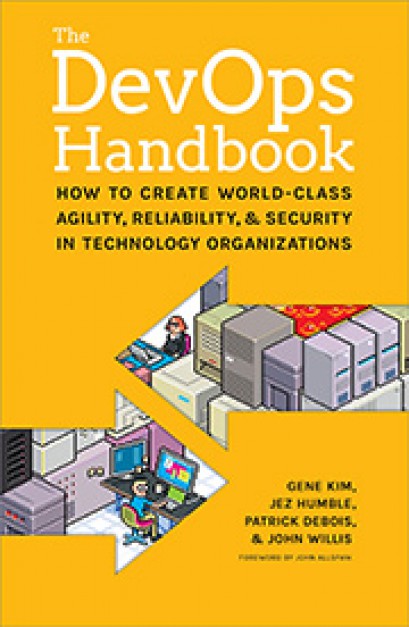15 February 2023

DevOps is a cultural and technical movement that seeks to bridge the gap between development and operations teams, enabling organisations to deliver high-quality software faster and more efficiently. DevOps is a set of principles and practices emphasising collaboration, automation, and continuous delivery.
One of the fundamental principles of DevOps is automation, and this is where Kubernetes comes in. Kubernetes is a container orchestration system that automates containerised applications' deployment, scaling, and management. It provides a unified platform for managing containers, making it easier for organisations to deploy and scale their applications as needed.
Kubernetes is becoming increasingly popular in the DevOps community due to its ability to support the principles of DevOps and help organisations deliver software faster and more efficiently. With Kubernetes, organisations can automate their containers' deployment, scaling, and management, reducing the risk of human error and ensuring that their applications are always performing at their best.

Kubernetes is transforming the way that organisations manage their infrastructure. Managing containers was a complex and time-consuming task in the past, but with Kubernetes, organisations can automate this process and reduce the risk of human error.
Kubernetes provides a unified platform for managing containers, making it easier for organisations to deploy and scale their applications. This improved efficiency allows organisations to respond to changing demands and quickly deliver new application features and updates.
Kubernetes automates the deployment and scaling of containers, reducing the risk of human error. Organisations can define the desired state of their application, and the system will automatically ensure that the application is running as expected, including automatically scaling the number of containers to meet changing demand.
In addition to automating the deployment and scaling of containers, Kubernetes also provides several other benefits, including:
Kubernetes is becoming an increasingly critical enabler for enterprise DevOps. With Kubernetes, organisations can automate their containers' deployment, scaling, and management, reducing the risk of human error and ensuring that their applications are always performing at their best.
In addition to automating the deployment and scaling of containers, Kubernetes also provides some other benefits that are particularly relevant to enterprises, including:

Implementing best practices for Kubernetes in a DevOps environment is vital to success. By following these best practices, organisations can improve their applications and infrastructure's stability, security, and scalability. In this section, we will outline seven best practices for using Kubernetes in a DevOps environment, including:
In conclusion, Kubernetes is a powerful tool that can help organisations to manage and orchestrate their containers, allowing them to deliver applications to market faster and more efficiently. By following the best practices outlined in this article, organisations can improve their DevOps practices and deliver high-quality software faster and more efficiently. By mastering the art of container orchestration with Kubernetes, organisations can take their DevOps practices to the next level and achieve even greater success.

